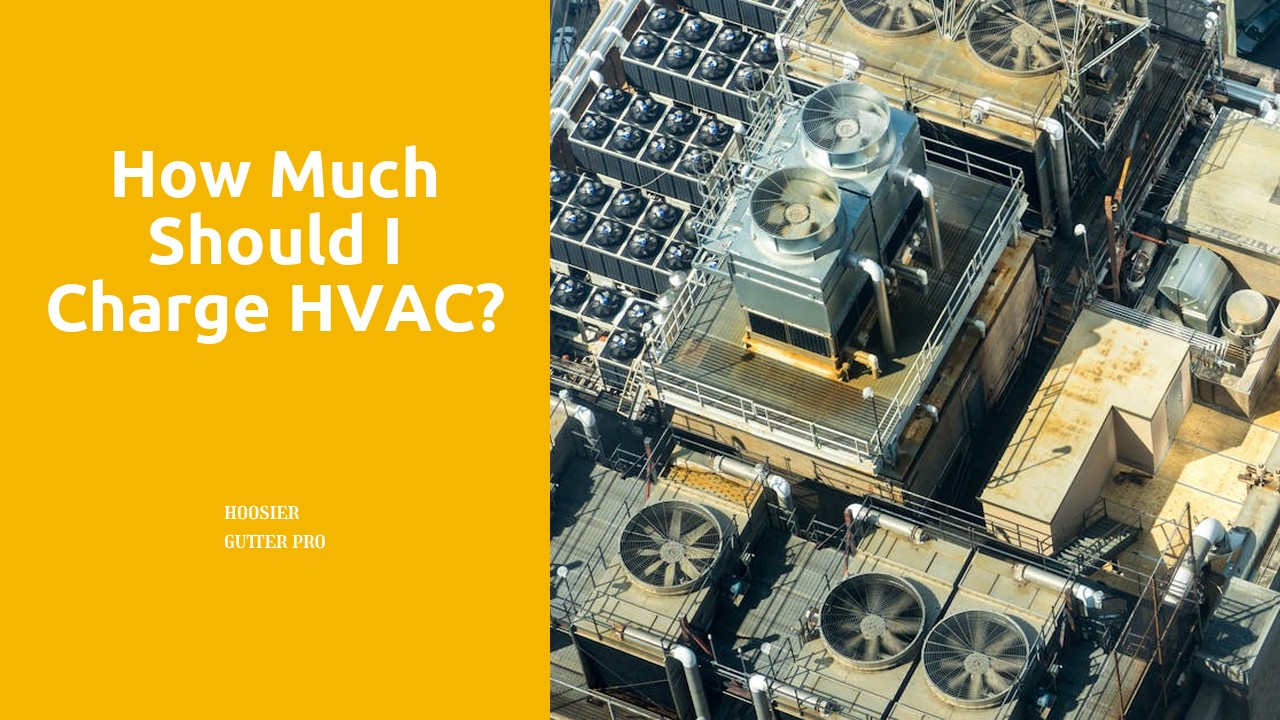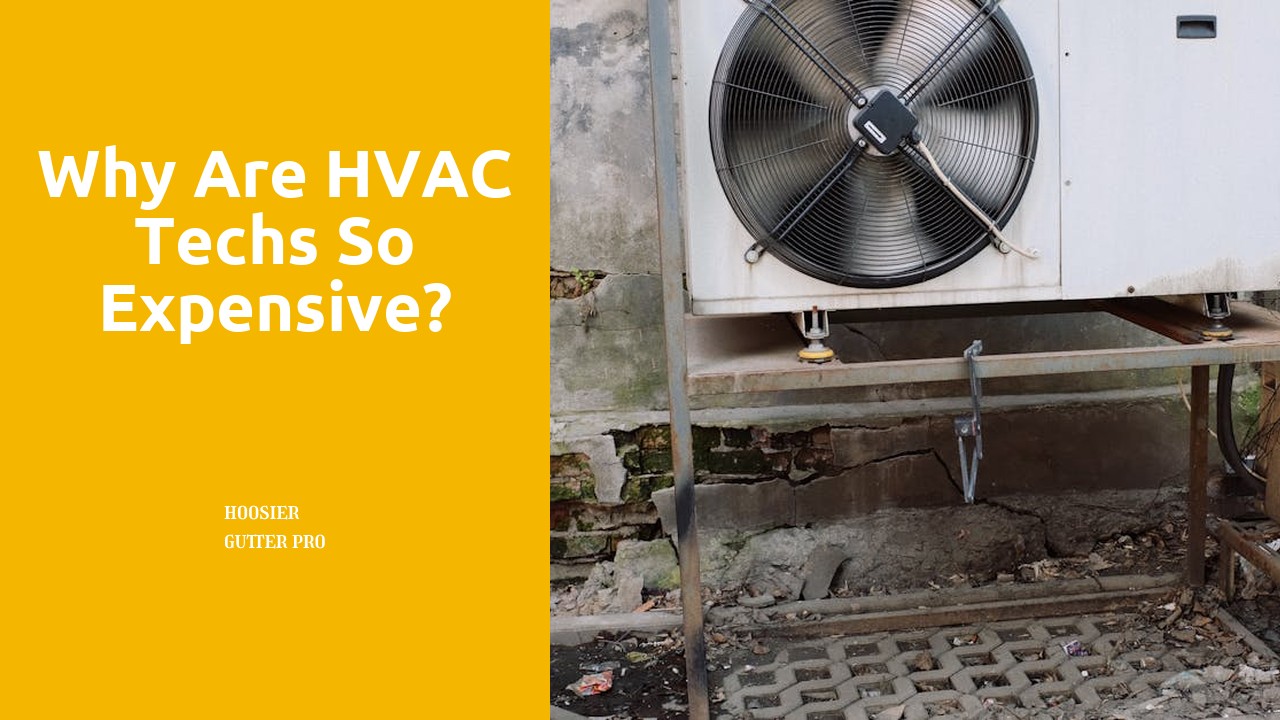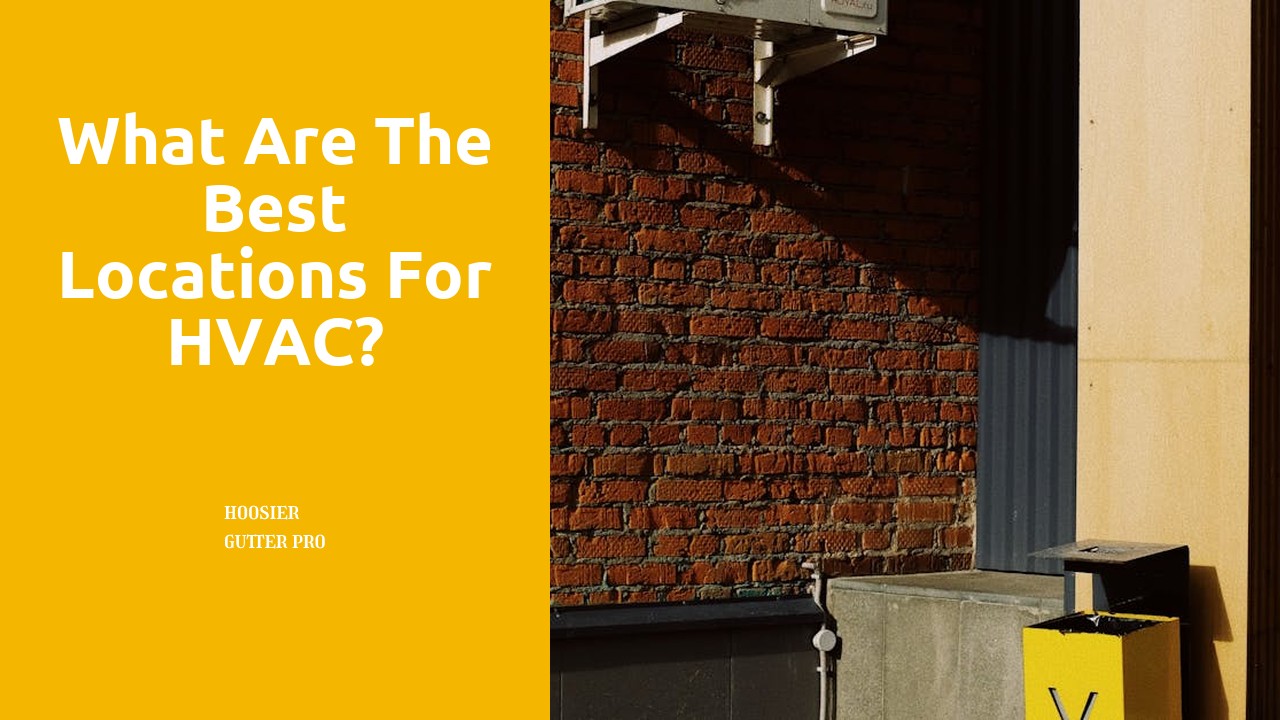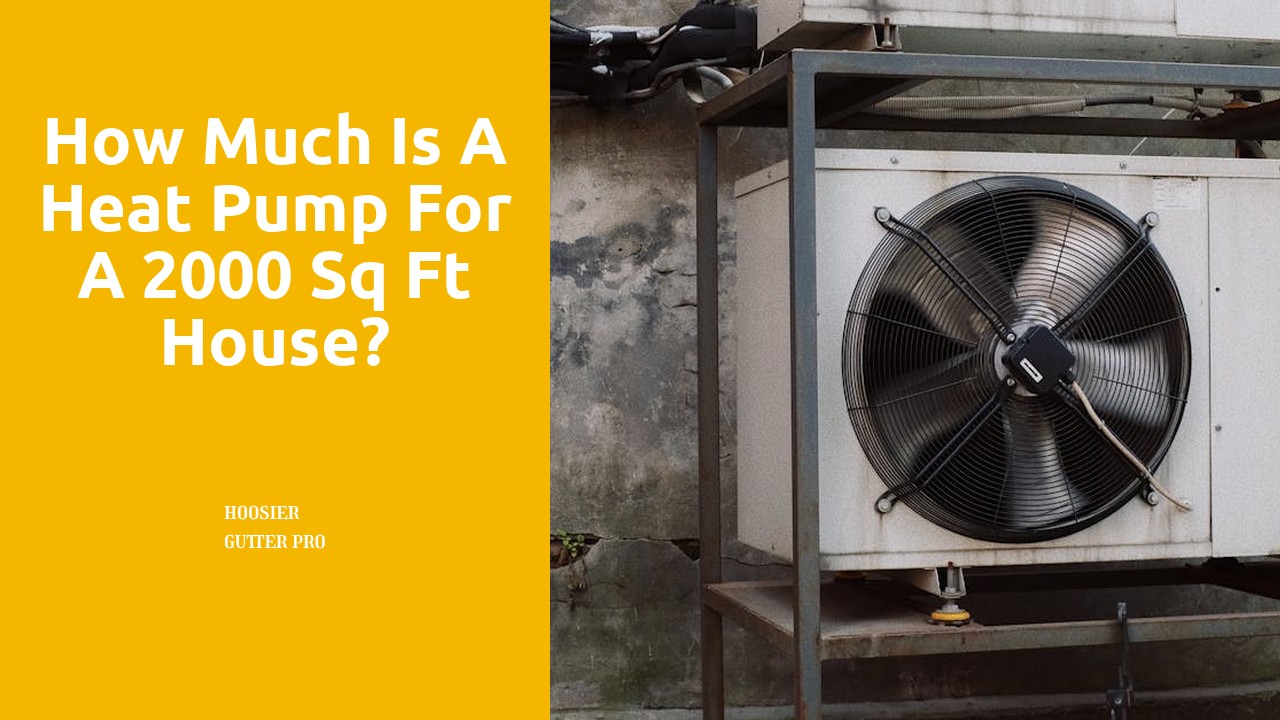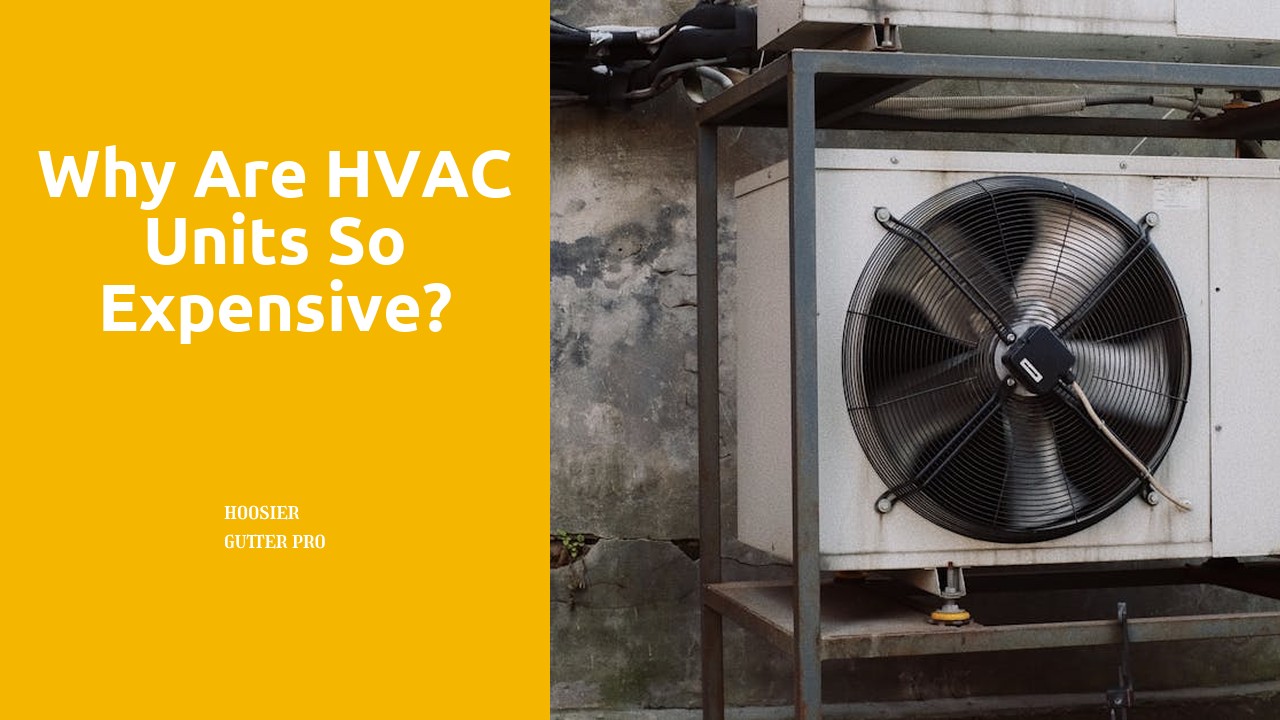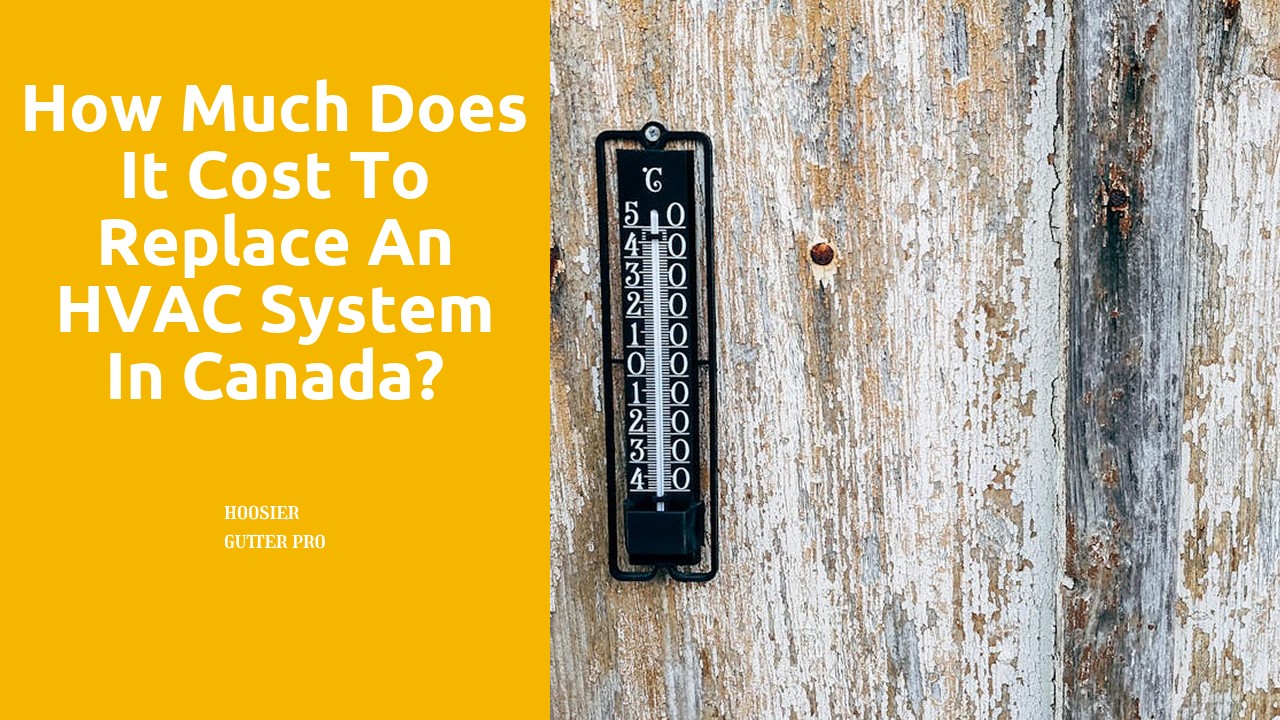
Popular Brands of HVAC Systems in the Canadian Market
When it comes to HVAC systems in Canada, several brands dominate the market with their reputation for quality and reliability. Among these brands, Goodman, Lennox, Carrier, and Trane are popular choices for homeowners looking to replace their HVAC systems. Goodman is known for its budget-friendly options without compromising on performance, making it a top choice for those seeking affordability and efficiency. Lennox, on the other hand, is recognized for its high-end models that offer advanced technologies and energy-saving features for optimal comfort and savings.
In addition, Carrier and Trane are well-regarded for their durability and energy efficiency, making them popular options for homeowners looking for long-term reliability and performance. These brands cater to a wide range of needs and budgets, providing options for every type of household in the Canadian climate. Whether it's a residential HVAC in Cooksville or a commercial system in Vancouver, these top brands offer solutions that prioritize comfort, energy efficiency, and environmental sustainability.
Maintenance and Service Plans
Maintenance and service plans for HVAC systems in Canada are essential for ensuring the longevity and efficiency of the units. HVAC in Aurora can benefit greatly from regular maintenance, which can help prevent unexpected breakdowns and costly repairs. By signing up for a maintenance plan, homeowners can have peace of mind knowing that their system is being regularly inspected and serviced by professionals. These plans often include tune-ups, filter replacements, and overall system checks to keep the HVAC system running smoothly.
In addition to the immediate benefits of improved performance and reliability, maintenance plans for HVAC in Aurora can also lead to long-term cost savings. Regular servicing can help identify any potential issues early on, allowing for timely repairs that can prevent more significant and expensive problems down the line. Furthermore, a well-maintained HVAC system is more energy-efficient, which can result in lower utility bills over time. By investing in a maintenance plan, homeowners can prolong the lifespan of their HVAC system and ensure optimal performance for years to come.
Tips for Saving Money on HVAC System Replacement
When considering the replacement of an HVAC system in Haldimand County, there are several strategies that homeowners can employ to save money. One effective way is to take advantage of any available rebates or incentives offered by the government or energy companies for upgrading to more energy-efficient systems. These incentives can significantly reduce the upfront cost of the new HVAC system, making it a more affordable investment in the long run.
Another cost-saving tip is to invest in regular maintenance for the HVAC system. By scheduling routine maintenance checks and promptly addressing any issues that arise, homeowners can extend the lifespan of their HVAC system, thereby reducing the need for costly repairs or premature replacement. Additionally, keeping the system clean and ensuring proper airflow can improve its efficiency and lower energy bills over time. By following these tips, homeowners in Haldimand County can make the most out of their HVAC investment while keeping costs in check.
Upfront Cost vs. LongTerm Savings
When considering the upfront cost of replacing an HVAC system in Canada, it's essential to weigh it against the long-term savings that a newer, more efficient system can bring. Energy-efficient HVAC systems may come with a higher initial price tag, but over time, they can lead to significant savings on monthly utility bills. Upgrading to a more modern HVAC system can result in improved energy efficiency, reduced energy consumption, and lower operating costs in the long run for homes in places like Norfolk.
Furthermore, the potential long-term savings should also take into account the lifespan of the HVAC system. While older systems may be cheaper upfront, they are more prone to frequent repairs and higher maintenance costs. Investing in a newer HVAC system with advanced technology and better energy efficiency can result in lower maintenance expenses and longer lifespan, ultimately leading to substantial savings in the long term for homeowners in Norfolk considering replacing their HVAC system.
Environmental Impact of Different HVAC System Choices
When it comes to choosing the right HVAC system for your home, considering the environmental impact of different options is crucial. In Cooksville, as in many regions across Canada, the type of HVAC system you select can significantly affect both energy consumption and carbon emissions. For instance, traditional oil or gas furnaces are known to produce higher levels of greenhouse gas emissions compared to more energy-efficient models, such as electric heat pumps or geothermal systems. By opting for a system that relies on renewable energy sources or has higher efficiency ratings, you can help reduce the carbon footprint of your HVAC in Cooksville.
Moreover, advancements in technology have led to the development of eco-friendly HVAC solutions that not only lower environmental impact but also contribute to long-term energy savings. For residents in Cooksville and beyond, switching to systems that utilize solar power or incorporate smart thermostats can further enhance energy efficiency and minimize reliance on fossil fuels. By making informed choices about the environmental impact of different HVAC system options, homeowners can actively participate in reducing carbon emissions and promoting sustainable practices within their communities.
Carbon Emissions Reduction
Reducing carbon emissions is a critical component of the shift towards more sustainable HVAC systems in Canada. By opting for energy-efficient models and properly maintaining HVAC systems, homeowners in St. Thomas can significantly decrease their carbon footprint. Choosing an HVAC system with a high energy efficiency rating not only lowers monthly utility bills but also contributes to a greener environment. Implementing regular maintenance practices, such as cleaning filters and ensuring proper airflow, can further enhance the system's performance and reduce its overall emissions impact.
Homeowners in St. Thomas looking to make a sustainable choice when replacing their HVAC system should consider the Environmental Protection Agency's Energy Star program. Energy Star certified HVAC units have been rigorously tested to meet strict energy efficiency standards, helping to decrease greenhouse gas emissions and combat climate change. Additionally, exploring renewable energy options, such as geothermal heating and solar power, can provide alternative solutions for reducing the carbon footprint of HVAC systems in St. Thomas. By prioritizing eco-friendly practices and technologies, residents can play a significant role in mitigating the environmental impact of HVAC systems.
FAQS
What factors can affect the cost of replacing an HVAC system in Canada?
The cost of replacing an HVAC system in Canada can be influenced by factors such as the size of the system needed, the efficiency rating of the new unit, any additional features or upgrades desired, and the complexity of the installation process.
Are there any government rebates or incentives available for replacing an HVAC system in Canada?
Yes, there are various government rebates and incentives available in Canada for upgrading to energy-efficient HVAC systems. These programs can help offset the initial cost of replacement and encourage homeowners to choose more environmentally friendly options.
How do I determine the right size HVAC system for my home in Canada?
To determine the right size HVAC system for your home in Canada, it is best to consult with a professional HVAC technician who can assess your home's square footage, insulation, and other factors to recommend the most suitable system for your needs.
Can I install an HVAC system myself to save money in Canada?
It is not recommended to install an HVAC system yourself in Canada, as it requires specialized knowledge and skills to ensure proper installation and safety. Hiring a licensed professional for the installation can help avoid costly mistakes and ensure the system functions efficiently.
Is it worth investing in a high-efficiency HVAC system in Canada?
Investing in a high-efficiency HVAC system in Canada can result in long-term cost savings on energy bills and reduce your home's carbon footprint. While the upfront cost may be higher, the energy savings and environmental benefits make it a worthwhile investment for many homeowners.

